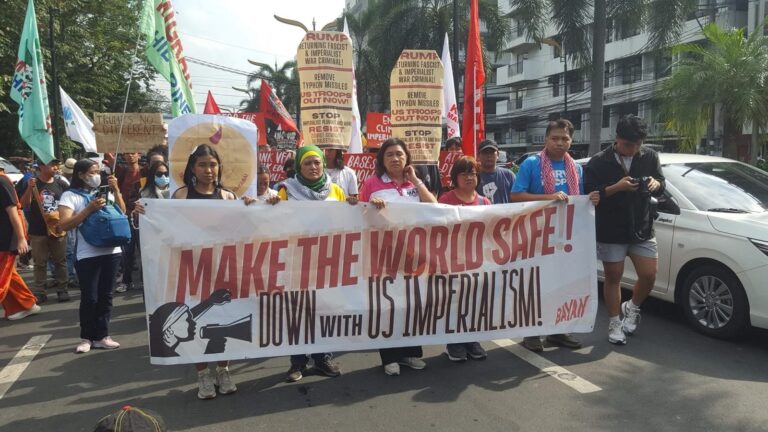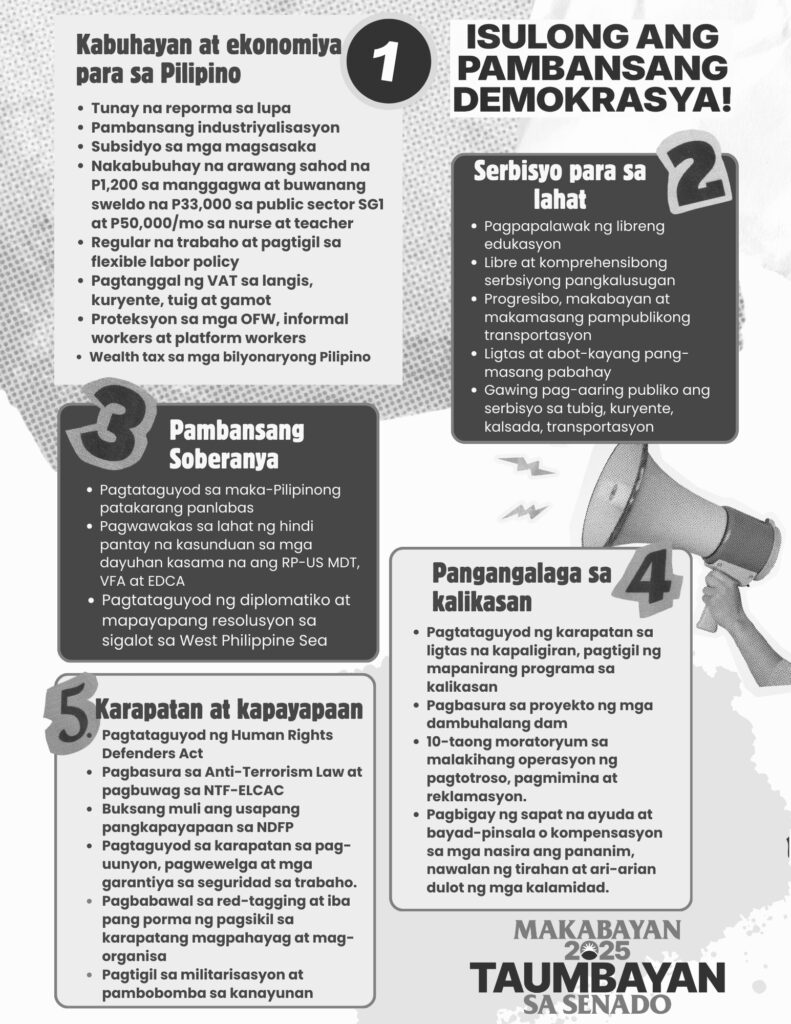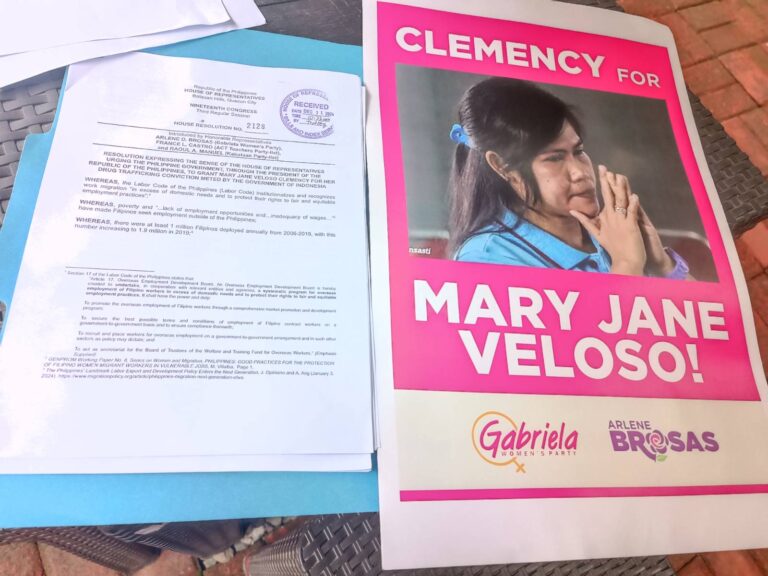Bagong Alyansang Makabayan joins the American people and anti-imperialist forces in denouncing the second Donald Trump presidency for being the biggest threat to world peace, justice, and democracy.
Protests during Trump’s inauguration reflect global outrage against the genocidal legacy of Joe Biden and the continuation of the fascist and imperialist agenda under the new administration.
Trump’s presidency will generate stronger resistance amid the intensifying rivalry of global superpowers. Like Biden, Trump seeks to preserve and expand US hegemony by containing rivals like Russia and China. This will lead to more troop deployments in the Asia-Pacific and the building of US military outposts in countries like the Philippines. Trump is expected to reward corrupt allies like Ferdinand Marcos Jr in exchange of allowing the US to conduct provocative military drills, store weapons of mass destruction, and install bases across the country. Since 2022, Marcos Jr has maliciously collaborated with his American patrons to advance the geopolitical agenda of US imperialism.
Bayan is strongly opposed to US military expansionism and the active role of US forces in escalating conflict and war-mongering in the region. We call for the immediate expulsion of US troops and the removal of all US military facilities, and the cancellation of onerous military agreements with foreign powers. We should not allow unhinged fascists and war criminals like Trump to use the Philippines as a staging ground to unleash war hysteria and conflict in this part of the world. Trump’s ascendancy is a reminder about the importance of pursuing an independent foreign policy in asserting our national interest.
We enjoin all Filipinos to show solidarity with Americans resisting the anti-labor, anti-migrant, and anti-poor policies of the outgoing and incoming US government. We call for more localized protests against all US bases in the Philippines, and the rejection of US-led military exercises and operations across the country.
(Photo from Kodao Productions)











